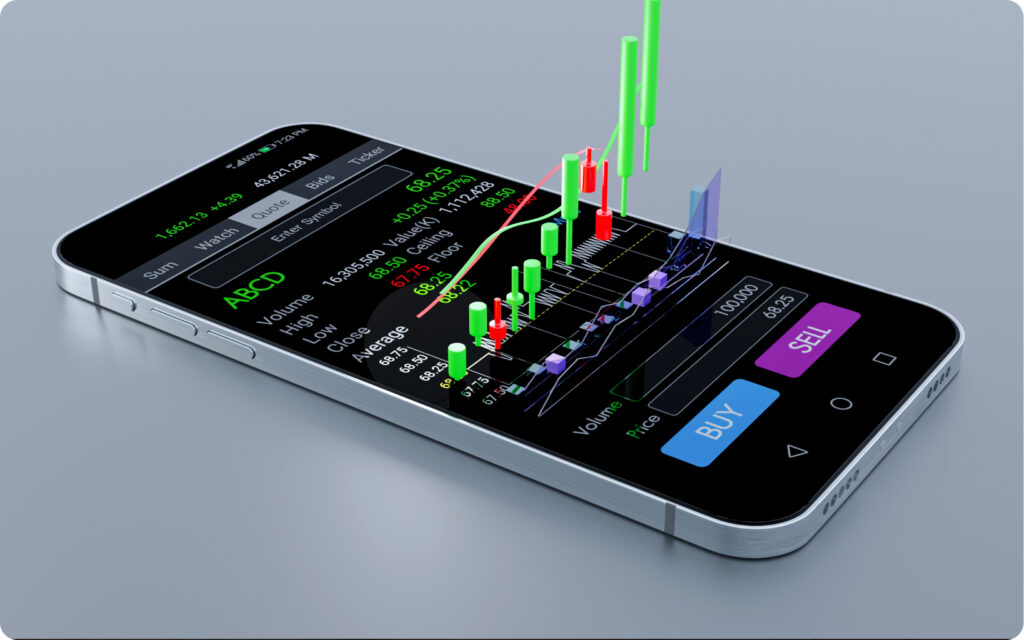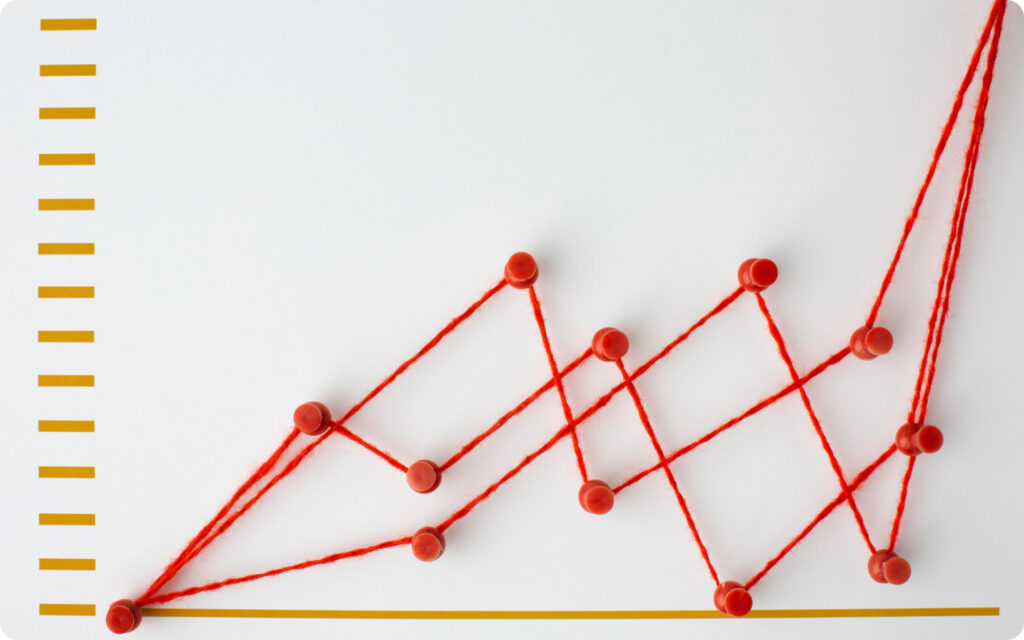
Financial markets comprise of a wide range of institutions, places and markets that provide the users the ability to trade different financial instruments like commodities, equities, traditional and crypto currencies, derivatives and bonds.
The markets provide the necessary liquidity for companies to raise capital for growth and reduce their risk. Entrepreneurs can raise capital for their ventures faster and more efficiently because of the markets in place.
They are used to establish the price of any goods and services through competition. They also reduce the risk for investors by providing a place with reliable information and clear regulations.
Types of Markets
Stock Market
Companies use the stock markets to list shares of their stock either by direct listing or by an Initial Public Offering (IPO). Investors purchase shares and acquire a form of ownership of the given company. If the company becomes successful, the investors make money either through dividends or by the price of the company shares appreciating.
Commodities Market
Commodities include agricultural products like corn and sugar, precious metals like gold and silver, energy products like oil and gas. Due to the high volatility in the prices of these goods companies use the commodities market to minimize their risk exposure.
Many traders engage in commodity trading by speculating on future price changes rather than intending to own the actual commodities. This was clearly demonstrated during the oil price crash in the COVID-19 pandemic when the price of West Texas Intermediate (WTI) futures contracts plummeted from $18 per barrel to -$37 per barrel. The reason for this dramatic drop was an oversupply of oil with limited storage options, as global shutdowns reduced demand. Most companies and traders were unwilling to take possession of the oil due to a lack of storage, which led to the price collapse.
Future contract means that traders pay a given price for a commodity that will be delivered in the future. Future contracts always have an expiry date.
Bond Market
The Bond market is the market that includes all transactions of debt securities. Debt security is money that a company or a government raises through the form of a loan between them and an investor. The issuance of the loan is called Bond. These bonds then include terms that pay specific interest payments back to the investor.
Bonds are a good way for investors to have a more calculated risk on their investments since they are less volatile than stocks and provide timely interest payments. This is one of the differences between stocks that rely on potential earnings to provide payments to investors and bonds that provide steady payments.
Foreign exchange Market (Forex)
The Forex Market is the trading of international currencies and the investors profit by predicting if a currency gains or loses value compared to another currency. It is the largest market in the world by volume. Although the market for the traditional conversion of one currency to another exists, the majority of the volume traded is investors trying to profit from predicting how one currency increases or decreases in relation to another currency.
Crypto Currency Market
Crypto currencies are digital currencies that can be used to make payments electronically. Almost all cryptocurrencies are decentralized, which means they are not issued by a government or a bank. This makes the cryptocurrency market highly volatile and risky due to the lack of regulations compared to the other forms of markets.
- More like this

Trading 101
Brief introduction to candlestick analysis
In this article, we’ll explore the anatomy of candlesticks, key patterns, and how they can be applied to improve trading decisions.
Theo M
17 Oct 2024

Trading 101
Introduction to Support and Resistance
This article discusses support and resistance. By understanding how price reacts to these zones, traders can make more informed decisions and better anticipate market behavior.
Theo M
18 Oct 2024

Trading 101
Trend Lines and Channels
In this article, we explain why trend lines and channels are indispensable tools for traders seeking to understand market direction, confirm reversals, and predict price targets.
Theo M
23 Oct 2024